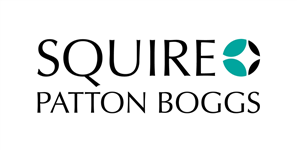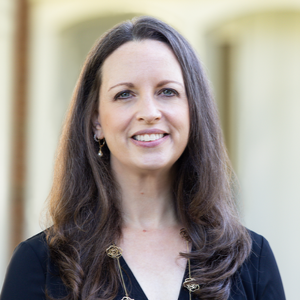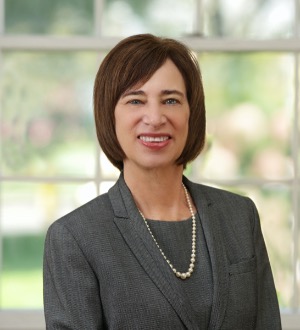Best Lawyers Near You in Milford, Connecticut for Education Law
Practice Area Overview
Areas of coverage for public education (pre-Kindergarten – 12) typically include:
- Board organization/operations – ethics issues, sunshine laws, public records requests, and the development/revision of policies.
- Construction – public improvements, architect and construction contracts, competitive bidding documents and procedures.
- Federal and state employment laws – Fair Labor Standards Act, Family Medical Leave Act, Title VII, Title IX, Americans With Disabilities Act, OSHA, workers’ compensation, reductions-in force, health benefits, pensions/retirement plans, tax sheltered annuities, evaluations, employment contracts.
- Financing – counseling and supervision of proceedings for debt and lease-based financing of capital improvements and for cash-flow financings including state law, federal tax, and securities law analysis and assistance.
- Labor relations and collective bargaining – employee grievances, arbitration, unfair labor practice claims, union negotiations, fact-findings, and impasse/strike preparations.
- Acquisition and disposition of property – office equipment, energy conservation measures, and the leasing, purchase, and sale of property.
- Special education law – counseling on compliance with Individuals with Disabilities Education Improvement Act and Section 504 of the Rehabilitation Act of 1973, attendance at Individualized Education Program meetings, mediations, and due process hearings, staff training, legislative involvement, and court appeals.
- Student rights and responsibilities – custody, residency, transportation, discipline, student records/privacy, first amendment issues, and tuition.
- Territory transfers – procedures for district reorganization including annexation, consolidation and transfer.
- Board of trustee meetings, functions, and resolutions
- Bond financing
- Bylaws, faculty guidelines and administrative manuals
- Litigation over testamentary gifts
- Executive compensation
- Development, fundraising, and implementation of gifts
- Taxation of income from ancillary sources
- Intellectual property ownership and licensing
Susan C. Hastings
Richard D. Manoloff
Squire Patton Boggs
Lawyers who have a subscription to profiles appear first.
Would you like to claim your lawyer profile?
Contact UsOur Methodology
Recognition by Best Lawyers is based entirely on peer review. Our methodology is designed to capture, as accurately as possible, the consensus opinion of leading lawyers about the professional abilities of their colleagues within the same geographical area and legal practice area.
The Process
Best Lawyers employs a sophisticated, conscientious, rational, and transparent survey process designed to elicit meaningful and substantive evaluations of the quality of legal services. Our belief has always been that the quality of a peer review survey is directly related to the quality of the voters.



